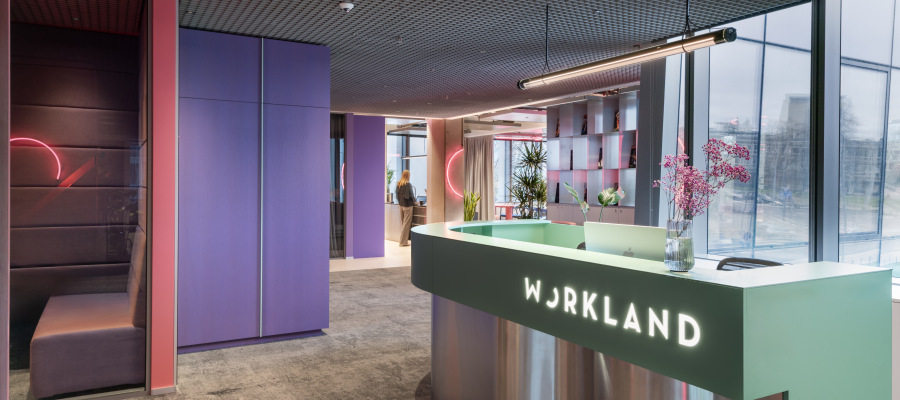When considering working remotely –whether to base yourself in your backyard in the summer or another part of the world - there are some aspects to keep in mind as an individual and as a team.
Higher productivity and less stress
Remote working seems to have more benefits than downsides. Remote employees are notably less stressed and have higher morale than their in-office counterparts, according to Forbes. Employees working away from their teams are more likely to put more effort into their jobs and go for the extra mile
Increased productivity resulting from flexibility is another argument for remote work. According to the State and Work Productivity Report, 65% of full-time employees believe that working remotely would increase their productivity. Two-thirds of managers reported an increase in overall productivity from their remote employees. Remote working arrangements allow companies to hire people not only from their own location, but basically from all over the world.
Studies show several other benefits, such as a significant positive influence on health and the environment, keeping older generations in the workforce, decreasing operational costs for companies and reducing employee turnover. It's also worth mentioning that employees prefer companies offering remote work opportunities to higher salary.
A relocated office
In many cases working remotely doesn’t mean sending e-mails from the Caribbean, but just working away from the office – from a nearby coffee shop or from home. Some use the benefits of home office almost every day and just go in for important meetings. As remote working becomes more popular, more and more people say that working from home is not the best option for them. This is where coworking spaces come in.
Coworking spaces operate as hubs of productivity and community with professional amenities and opportunities to meet people from various fields. For people whose teams are located in other cities, coworking in a hub helps them to be connected and part of a group, while meeting the needs people have. They could have a dedicated desk at one hub or they could be using short term hot desk solutions to work at different locations. Working out of a coworking space also allows to maintain separation between work and personal life, if need be.
In larger cities people use coworking as an alternative to the daily commute to the office – hubs allow them to save valuable time up to several hours per week. Many coworking spaces also offer premises for workshops and one-day events, which could be a smart way to use remote working to develop new ideas together with the team without being present In one office day in and day out.
Important to set ground rules
Working remotely can only be successful when the leaders of organisations understand their possibilities and challenges and trust the team to work from a distance, says Kaija Teemägi, HR manager of Elisa, a telecom company promoting remote working among its staff. The management could be the first ones to try remote working to explore the pros and cons and how working from distance could affect work efficiency, she suggests. Sometimes mistrust can arise if people lack sufficient experience and don't have agreed rules to follow.
“For example, if a manager doesn’t trust an employee if they are working under the same roof, it is difficult to work from a distance – people start getting defensive and a lot of time is spent on reporting and explaining. To skip this problem, people should have specific and agreed objectives and directions within the team, which are the basis of working remotely. It's about results not the process itself! It is time to let go of the old way of thinking and embark on new paths in management.”
The same applies to freelancers and consultants. For some of the clients or cooperation partners, it could be difficult to understand that their advisor works in a different time zone. To carry out the projects successfully, it would be useful to agree on the working process and deadlines.
Remote working is surely the way of the future. Professionals, both young and old, value flexibility and prefer to decide for themselves on their work location. Working apart from your team and clients of course requires self-discipline and understanding of the short-term tasks and long-term objectives. The key here is open and clear communication between all parties involved.




